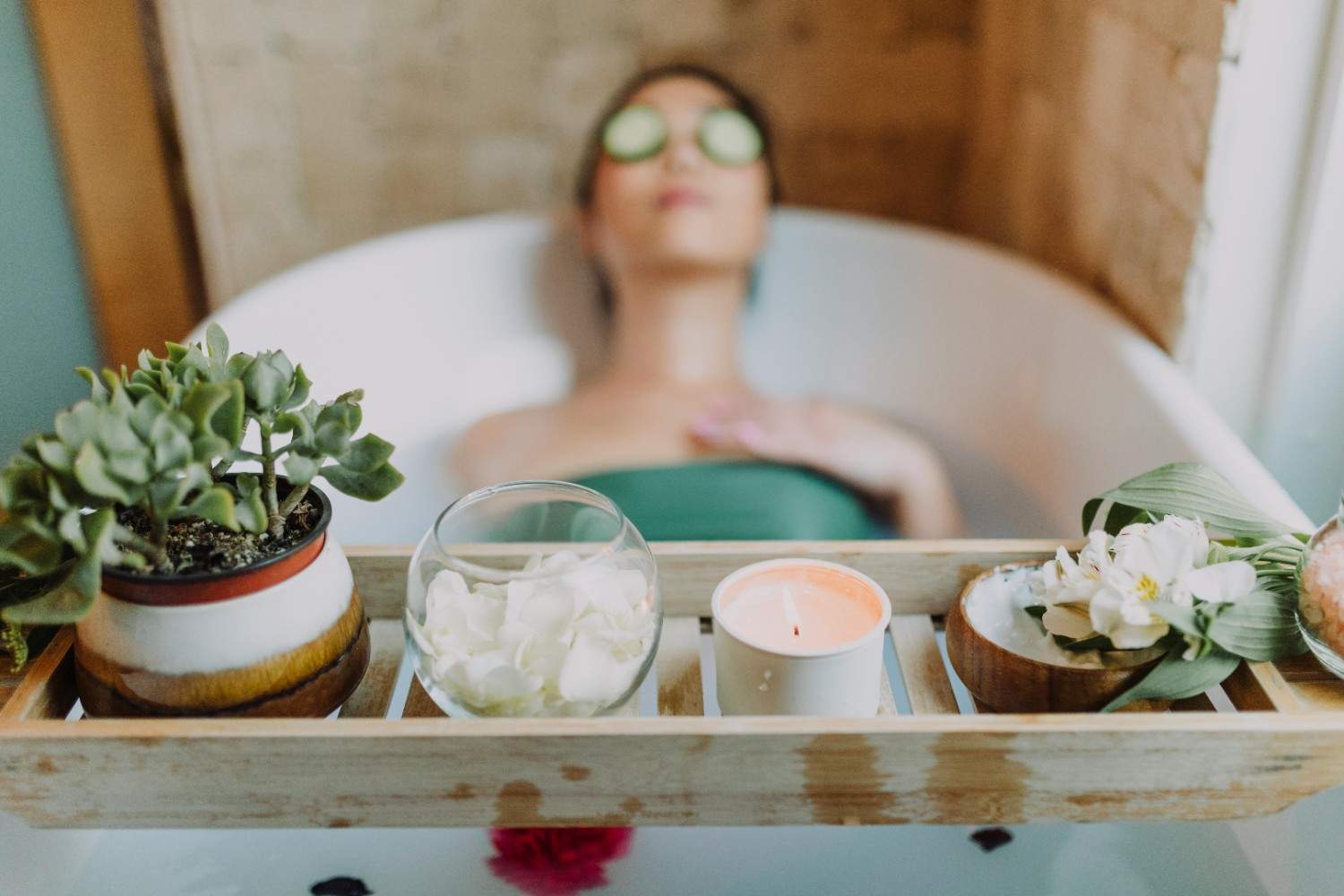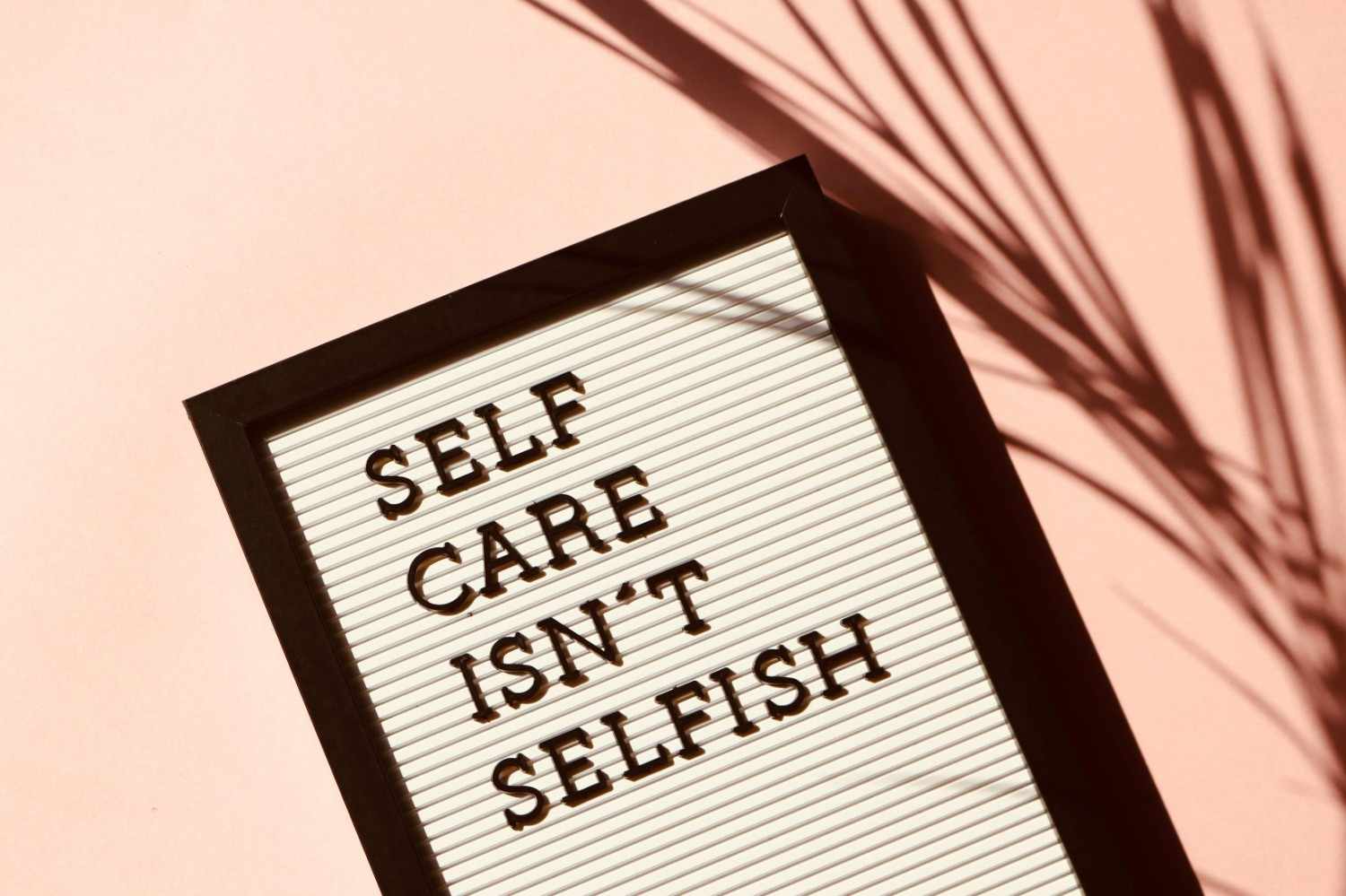In a culture that celebrates constant connection and fears the "Fear of Missing Out," being alone is often seen as a problem to be solved, a sign of failure or loneliness. But this perspective confuses two profoundly different states: the "pain of loneliness" with the "power of solitude." Loneliness is the agony of unwanted isolation; solitude is the rich, intentional act of choosing your own company. This article is your guide to reclaiming that power, to unlearning the fear of being alone, and to discovering that the time you spend with yourself can be the most creative, restorative, and joyful time of all.
Key Points
- It is essential to distinguish between "solitude," a chosen and restorative state of being alone, and "loneliness," a painful, involuntary state of lacking connection.
- Our hyper-connected, social media-driven culture often pathologizes being alone, creating a "fear of solitude" that hinders our ability to connect with ourselves, a theme related to the pressures discussed in The Impact of Social Media on Relationships.
- Intentional solitude has profound, science-backed benefits, including boosting creativity by activating the brain's default mode network, deepening self-discovery, and enhancing emotional regulation (1).
- Practicing solitude is a foundational skill for self-love; it provides the quiet space needed for the work of Journaling for Self-Discovery and Overcoming Negative Self-Talk.
- Embracing alone time is not selfish; paradoxically, it strengthens our relationships with others by allowing us to show up as more whole, grounded, and self-aware individuals.
Introduction: The Fear of the Quiet Room
In a culture that celebrates the constant buzz of connection, the packed social calendar, and the endless scroll of other people's lives, there is often an unspoken fear of the quiet room. Being alone is frequently seen as a problem to be solved, a sign of social failure or, worse, a state of loneliness. We have become so accustomed to external stimulation that the prospect of being left with only our own thoughts can feel deeply uncomfortable, even terrifying. We reach for our phones in the elevator, put on a podcast while we do the dishes, and fill every spare moment with a distraction to avoid the silence.
But this perspective confuses two profoundly different human experiences: the "pain of loneliness" with the "power of solitude." Loneliness is the agony of unwanted isolation; it is a state of lack. Solitude, however, is the rich, intentional, and deeply restorative act of choosing your own company. It is a state of presence. This article, by psychologist Dr. Anya Sharma, is your guide to reclaiming that power. We will unlearn the cultural fear of being alone and discover that the time you spend with yourself can be the most creative, insightful, and joyful time of all. It is, perhaps, the ultimate practice of self-love. All information is current as of Monday, September 15, 2025 at 4:29 AM GMT from Kumasi, Ashanti Region, Ghana.
The Misunderstood Art: Redefining Solitude vs. Loneliness
To embrace solitude, we must first dismantle the myth that "alone" means "lonely." The two are not synonymous. You can be surrounded by people at a crowded party and feel profoundly lonely. Conversely, you can be completely alone in a cabin in the woods and feel deeply connected and at peace.
Loneliness: The State of Lack
Loneliness is an internal, subjective experience of distress. It arises from a perceived gap between the social connections you "want" and the ones you "have." It is a passive and often painful state characterized by feelings of emptiness, exclusion, and a yearning for connection that is not being met. It is an involuntary condition that we seek to remedy.
Solitude: The State of Presence
Solitude, in contrast, is an active and voluntary choice. It is a decision to temporarily disengage from the social world in order to engage more deeply with your inner world. It is not about escaping others, but about "connecting with yourself." It is a space for reflection, creativity, and restoration. It is a time when you are not just "by yourself," but "with yourself" in a meaningful way. This is a skill, and like any skill, it requires practice.
The Cultural Bias Against Being Alone
Our society often sends the message that your value is tied to your social desirability. A full calendar is seen as a sign of a full life. This creates a powerful bias against solitude. We worry that if we choose to spend a Friday night alone, others will see us as pathetic or friendless. This external pressure can lead us to fill our lives with low-quality social interactions just to avoid the stigma of being alone, which ultimately leaves us feeling more drained than fulfilled.
The Profound Benefits of Chosen Solitude
When you intentionally carve out time to be alone, you give yourself a powerful gift with far-reaching benefits for your mental and emotional well-being.
1. Enhanced Creativity and Problem-Solving
Have you ever had a brilliant idea pop into your head while you were in the shower or on a long, quiet drive? This is not a coincidence. Neuroscientists have identified a brain state known as the "default mode network" (DMN). This network becomes active when our minds are at rest, not focused on a specific, external task. During this state, the brain consolidates memories, imagines future possibilities, and makes novel connections between disparate ideas. Solitude is the "incubation chamber" for the DMN. By allowing your mind to wander freely, without the constant input of emails, conversations, and notifications, you create the conditions for genuine insight and creativity to emerge.
2. Deepened Self-Discovery and Authenticity
It is nearly impossible to hear your own inner voice in a noisy room. Solitude is the practice of quieting the external noise so you can finally tune into your internal frequency. Without the influence of others' opinions and expectations, you can ask yourself the big questions: "What do I truly want? What are my core values? Am I living a life that feels authentic to me?" This is the space where the deep work of Journaling for Self-Discovery truly comes to life. It is in solitude that you can distinguish between the person you have been "conditioned" to be and the person you "truly" are. This self-awareness is the bedrock of an authentic life.
3. Improved Emotional Regulation
When we are constantly surrounded by others, we can become dependent on them to regulate our emotions. We look for a partner to calm our anxiety, a friend to distract us from our sadness, or a social event to cure our boredom. Solitude teaches you the vital skill of "self-regulation." By sitting with your own emotions, without immediately seeking an external fix, you learn to identify them, understand their source, and develop your own internal strategies for managing them. You learn that you can be sad, and that you will be okay. You learn that you can be anxious, and you have the tools within you to find calm. This builds a profound sense of emotional resilience and self-reliance, which is a key component of Overcoming Negative Self-Talk.
4. Stronger, Healthier Relationships
This may seem paradoxical, but one of the greatest benefits of spending quality time alone is that it dramatically improves the quality of the time you spend with others. When you are comfortable and fulfilled in your own company, you enter into your relationships from a place of "want," not "need." You do not look to a partner to complete you or to save you from your own company. As we discussed in The Connection Between Self-Love and Healthy Relationships, this allows for the development of healthy, interdependent partnerships rather than codependent ones. Furthermore, when you have had time to recharge in solitude, you can be more present, engaged, and generous with your loved ones when you are together.
A Practical Guide to Embracing Solitude
If the idea of being alone feels daunting, do not worry. It is a skill you can build gradually. The goal is to reframe it from a punishment into a pleasure.
1. Start with "Micro-Doses"
You do not need to book a week-long silent retreat. Start small.
- Take a 15-minute walk around your neighborhood without your phone or headphones.
- Go to a coffee shop and sit with your drink for 10 minutes, simply observing the world around you.
- Eat one meal a week by yourself, without the distraction of a screen.
These small, manageable doses will help you build your "solitude muscle" and prove to your nervous system that being alone is safe and even enjoyable.
2. Schedule It Like an Appointment
Treat your alone time with the same importance you would a doctor's appointment or a meeting with your boss. Put it in your calendar. This act of scheduling legitimizes it as a necessary part of your Self-Care Routine. Protect this time fiercely. It is not "empty time"; it is "sacred time" for your well-being.
3. Curate Your Solitude Activities
The key to enjoying solitude is to fill it with activities that genuinely nourish you. This is not about being productive; it is about being present.
- Engage with Nature: Go for a hike, sit in a park, or tend to a small garden. Nature is a powerful antidote to digital-age anxiety.
- Explore Your Creativity: Write, draw, paint, play an instrument, or cook an elaborate meal just for yourself. Creativity thrives in the absence of an audience.
- Go on an "Artist Date": A concept from Julia Cameron's "The Artist's Way," an artist date is a scheduled block of time (e.g., two hours a week) where you take "yourself" on a date to do something that sparks your interest, like visiting a museum, browsing an old bookstore, or exploring a new neighborhood.
- Learn Something New: Use your alone time to dive into a topic you are passionate about, whether it is learning a language, watching a documentary, or mastering a new skill.
4. Learn to Sit with Boredom
When you first start practicing solitude, you will likely feel bored. This is a normal and "crucial" part of the process. Our brains have become addicted to constant stimulation. Boredom is a sign of withdrawal. Do not immediately reach for your phone to cure it. See boredom not as a void, but as a "space." It is the quiet, fallow ground from which new ideas and a deeper connection to yourself can grow. Lean into the discomfort, and you will find that on the other side of it lies clarity.
Comparison: Distracted Aloneness vs. Intentional Solitude
| Aspect | Distracted Aloneness | Intentional Solitude |
|---|---|---|
| Motivation | Killing time; escaping boredom or uncomfortable feelings. | Seeking restoration, clarity, and connection with oneself. |
| Primary Activity | Mindless scrolling on social media, channel surfing, passive consumption of content. | Mindful, engaging activities like reading, creating, walking in nature, or deep reflection. |
| Mental State | Fragmented, anxious, and often feeling "more lonely" or empty afterward. | Present, focused, and calm. Feeling more centered and recharged afterward. |
| Relationship to Self | You are actively avoiding your own thoughts and feelings. | You are actively engaging with and listening to your own thoughts and feelings. |
Conclusion: The Company You Keep
Learning to find joy in solitude is one of the most generous gifts you can give yourself. It is the practice of becoming your own best friend, your most trusted confidant, and your most interesting companion. It is the realization that you are enough, just as you are, and that your own company is a rich and wonderful place to be.
So, start today. Find a small pocket of time, put away your phone, and simply be with yourself. It may feel strange at first, but with practice, you will discover that solitude is not a void to be filled, but a beautiful, expansive space to be explored. It is the quiet room where you can finally hear the sound of your own heart.








